
American Born Chinese was intriguing to me, from the title to the very last page. Note that the title is not American-Born Chinese (meaning it is a Chinese person born in America) but it is American Born Chinese, meaning it is an American who is born Chinese. This really hit me as I was reading the story because I realized how little Jin wanted to do with his Chinese heritage. He only wanted to be American and wanted to cut all ties with the Chinese/Asian culture.
This was especially evident to me on page 37 when he tells Wei-Chin to "Speak English" even though Wei-Chin was speaking perfect English. It's like Jin thinks that those not born in America really aren't worthy of acting American. Does he feel that way about his own parents?
I also saw this with Jin's hair, when he tries out Greg's hair-do. Instead of making him fit in with the American crowd, though, he is laughed at by the white Americans and the Asian-Americans.
All of this made me wonder, How do we construct our identity? Is it based on our heritage or where we live? Does it matter what we look like or do we base this just on what we feel inside?
I thought a lot about the article with this book and how we construct our identities. The article's writer had some good ideas when he examined his name. He let the students know where his name came from and what was important to him, and tied them together. Through this look into himself, he was able to identify himself and his ideas in teaching.
I love the activities presented in the article as well. I hope I am nothing like Mrs. Keller in the future, but there parts of Mr. Rosewald's and Ms. Bennington's classrooms that I liked. Giving students freedom to examine and write what is valuable to them is a great way to make students care about what they read. Mrs. Keller's lecturing style would not be helpful to very many students in an English classroom, though it may have a place in other subjects.
Both the article and the book were helpful to me in asking identifying questions. I can take tips away from the article and use them in my future classroom, and I will also be able to reflect on American Born Chinese when looking at my students. It will help me to understand where they are coming from and the struggles they face to identify themselves in a world where so often appearance is everything.

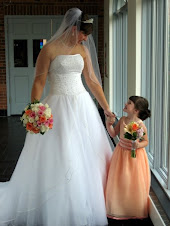
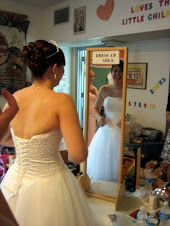
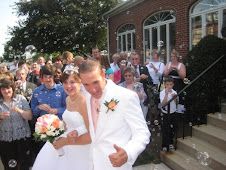


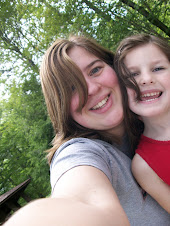
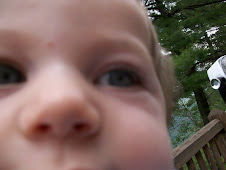
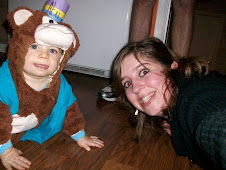





Nice find with the picture. I never saw that before, thats horrible!
ReplyDeleteAlso good catch on the title, I never thought about it until you mentioned it. I wish I did while reading the book though because now I am looking at it different.
You mentioned about page 37 and speaking English, I'm not sure if you saw this but when the words had the carrots around them they were not speaking English. I realized this once his 'cousin' showed up and went back and re-read it all.
ReplyDeleteI also thought the title really hit home. It certainly intrigued me from the beginning, though I didn't really notice that there was no hyphen. But after reading it, I was aware of the importance of the title and it's connection to the themes throughout the book. Your questions are really intuitive as well, and I look forward to looking deeper at them in class!
ReplyDeleteSweet picture Miley! Good thing our young generation doesn't look up to you... Wow!!!! I love the points that you make in your blog. I liked how you went in depth with the title and really pointed out that Jin was very insecure with his Chinese heritage.
ReplyDeleteThis would be some extra stuff that we could incorperate into our group teach.
Thanks Nikole! I did see that when Jin was first introduced and he was talking about the story his mother had told them... for some reason I didn't think to carry the idea of translation through. Still, I think it's important to look at how he denied that language, then, and wanted only to speak English. (The scene in the restaurant near the end got to me because of this, also!)
ReplyDeleteI also wanted to apologize for spelling Wei-Chen's name wrong in my post.
I agree that Jin did want to do everything to become "American" and leave his Chinese heritage behind. This could be a great topic when dealing with students. I think we need to let them know that they need to be themselves and not worry what others think (although we know how easy that can be these days).
ReplyDeleteI had also thought about what the title of the novel meant as well. Little things like that really can be important.
What an interesting point about the hyphen use (or lack thereof) in the title of the novel - this is something I was just working on in class and it didn't even occur to me!
ReplyDelete